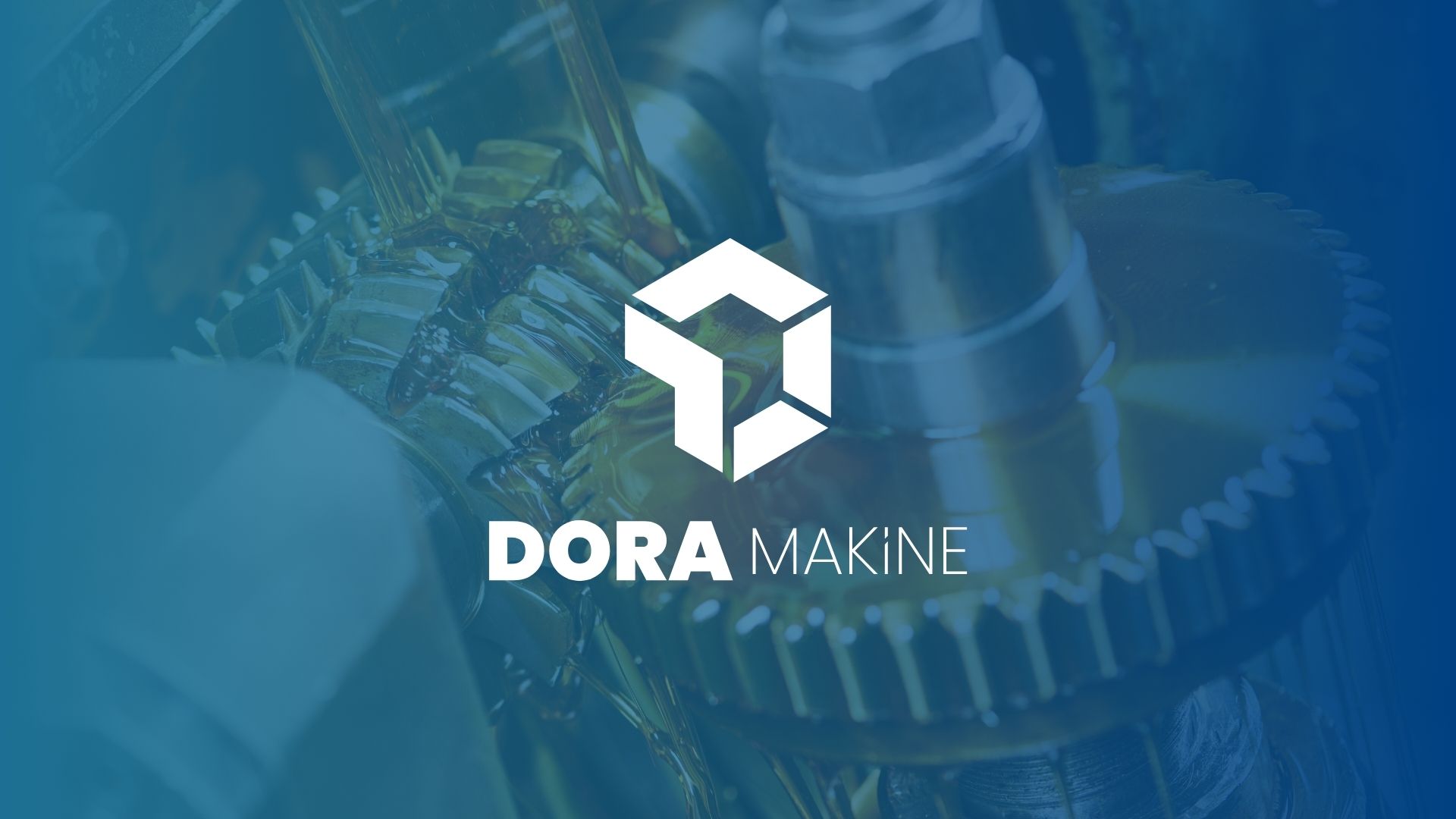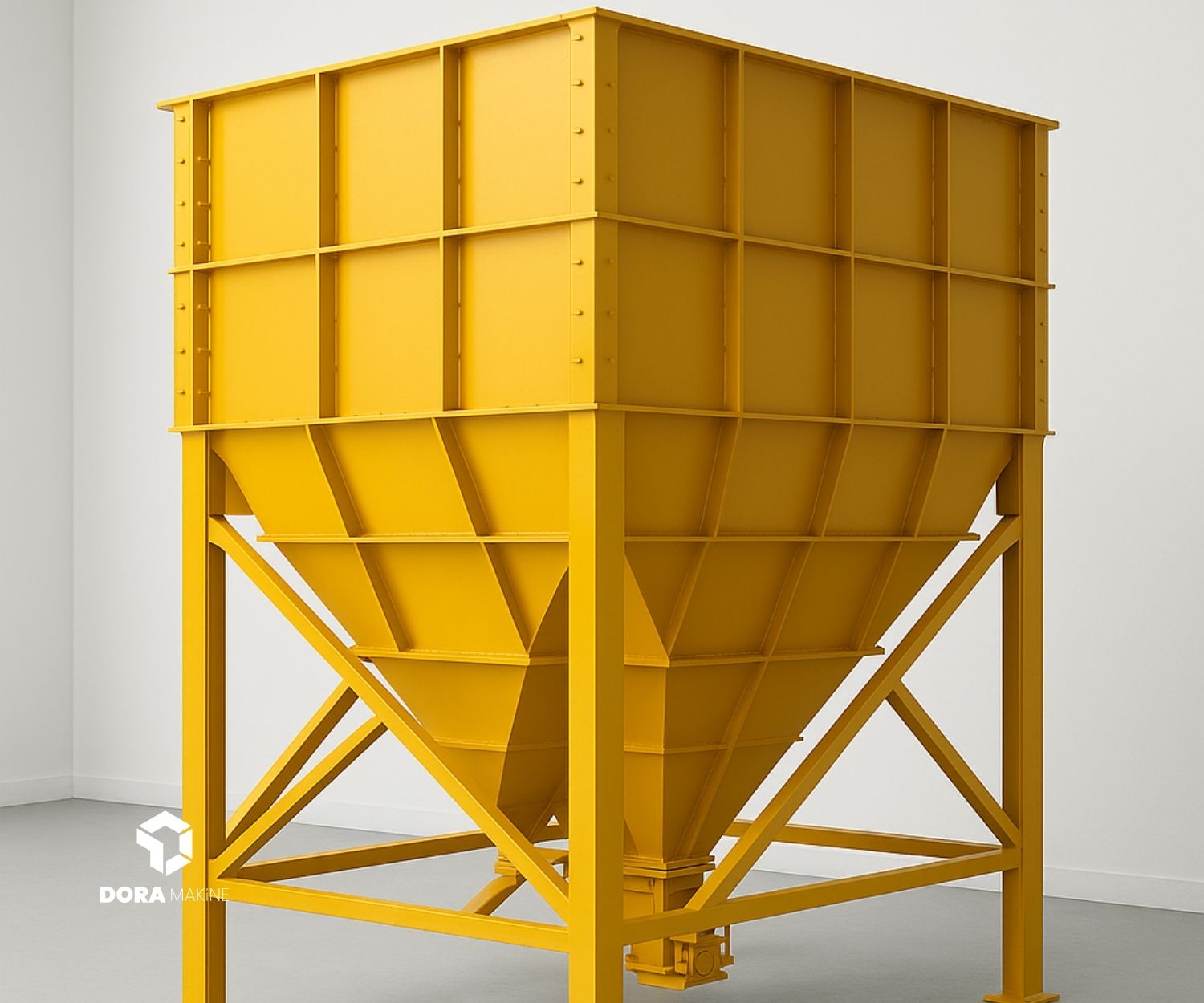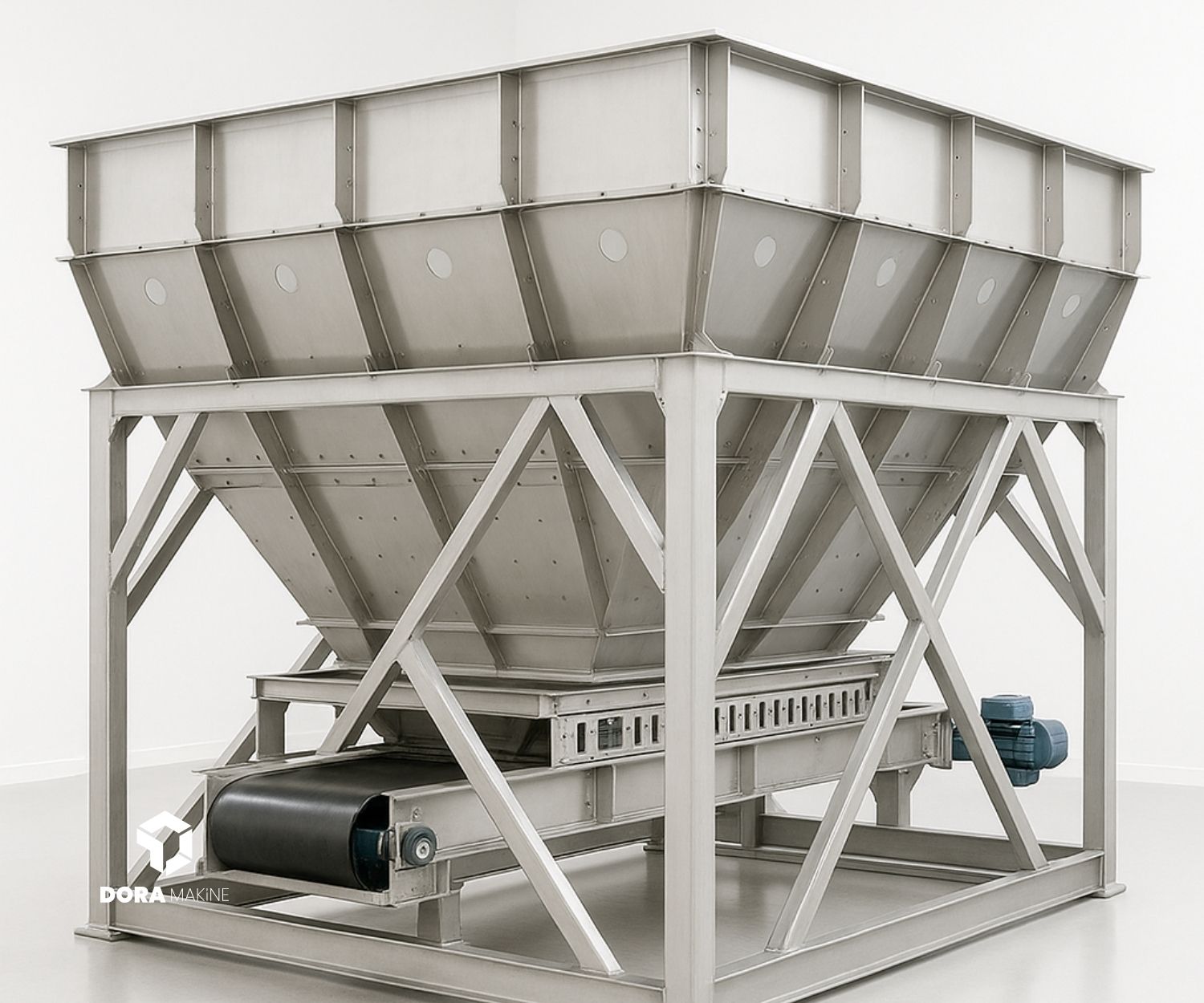
Energy Efficiency and Zero Waste Approaches
Energy efficiency and zero waste approaches play an important role in modern silo manufacturing processes. Energy consumption in silo production is a factor that directly affects the environmental impact of production facilities. In this context, energy efficiency practices help reduce both costs and environmental impact.
An example of energy efficiency practices is minimizing the energy consumption of machines used in the production process. Innovative technologies such as high-efficiency motors, automatic energy-saving systems, and solar panels optimize energy use. But what about energy efficiency tests for the machines used? These tests show how efficiently all energy sources are being used in silo production and create opportunities for improvement.
Adopting a zero waste approach is also a critical step in this process. Zero waste means that all waste generated during production is recycled or reused. This approach contributes to making production processes more environmentally friendly. During silo production, steel, concrete, and other materials can be made recyclable, thus reducing the use of natural resources. Informing manufacturers about which materials should be recycled is also an important step.
Use and Advantages of Recyclable Materials
Recyclable materials play a major role in sustainability in silo manufacturing. Their use contributes to reducing environmental impacts as well as lowering costs. But how does the use of recyclable materials affect the structural integrity of silos? Recycling materials such as concrete and steel not only reduces production costs but also minimizes their environmental impact.
The use of recycled materials reduces the consumption of original materials in silo production, thereby requiring fewer natural resources. For example, the use of recycled steel significantly reduces the energy consumption required for new steel production. Similarly, the use of recycled concrete significantly reduces the amount of waste in the construction sector.
Another advantage is that the use of recyclable materials reduces waste during production and minimizes damage to the environment. In addition, when such materials are used, it becomes easier for companies to fulfill their commitments to environmentally friendly production, which strengthens their corporate image.
Eco-Friendly Production Methods and Emission Reduction
Eco-friendly production methods provide nature-friendly solutions in silo manufacturing, helping to reduce emissions. The production processes of raw materials used in silo manufacturing can release carbon dioxide (CO2) and other harmful gases, which is a major environmental issue. Efforts to reduce emissions lower the concentration of these gases in the atmosphere, thus reducing environmental pollution.
One of the most effective methods for reducing emissions is the integration of energy-efficient technologies. High-efficiency production machinery and renewable energy sources such as solar power reduce the amount of energy used during production while also significantly reducing emissions. For example, utilizing wind energy or alternative energy sources such as biogas makes the production process more sustainable while reducing emissions.
In addition, water recycling systems used in eco-friendly production methods also play an important role. These systems ensure the reuse of water, reducing both waste and the consumption of natural resources. Efficient use of water in silo production significantly eases environmental pressure.
Sustainability in Silo Design: Long-Lasting Structures and Eco-Friendly Solutions
Sustainability in silo design should be considered not only during production but also in the design phase. Long-lasting structures are one of the most essential elements that ensure sustainability. The durability of the materials used in silo design ensures that the structure can be used for many years, thereby reducing the need for reconstruction or repair.
Designing long-lasting structures reduces environmental impacts while also providing economic benefits. Factors such as using eco-friendly materials in design, incorporating energy-efficient features, and consuming fewer natural resources minimize the environmental impact of the silo. But how can long-lasting structures be designed? In silo production, the use of strong materials, insulation systems, and eco-friendly assembly methods can extend the structure’s lifespan.
Eco-friendly solutions are another important factor in silo design. For example, adding green spaces on silo rooftops, harvesting rainwater, and using energy-saving insulation systems reduce the environmental impact of the silo. Such designs also lower energy consumption.
Conclusion: The Future of Sustainability and Eco-Friendly Practices in Silo Manufacturing
Sustainability and eco-friendly practices in silo manufacturing not only reduce environmental impacts but also optimize production costs. Energy efficiency, zero waste approaches, recyclable materials, eco-friendly production methods, and long-lasting designs—when all these practices are considered together—enable more efficient, eco-friendly, and economical silo production processes.
In the future of the silo manufacturing sector, minimizing environmental impacts and prioritizing sustainable production processes will become increasingly widespread. These processes offer an important opportunity both to meet the demands of environmentally conscious consumers and to make industrial production processes more efficient.
Sustainability and eco-friendly practices in silo manufacturing reduce environmental impacts while making production processes efficient and economical. Energy efficiency, recyclable materials, and eco-friendly designs form the core elements of this process.


